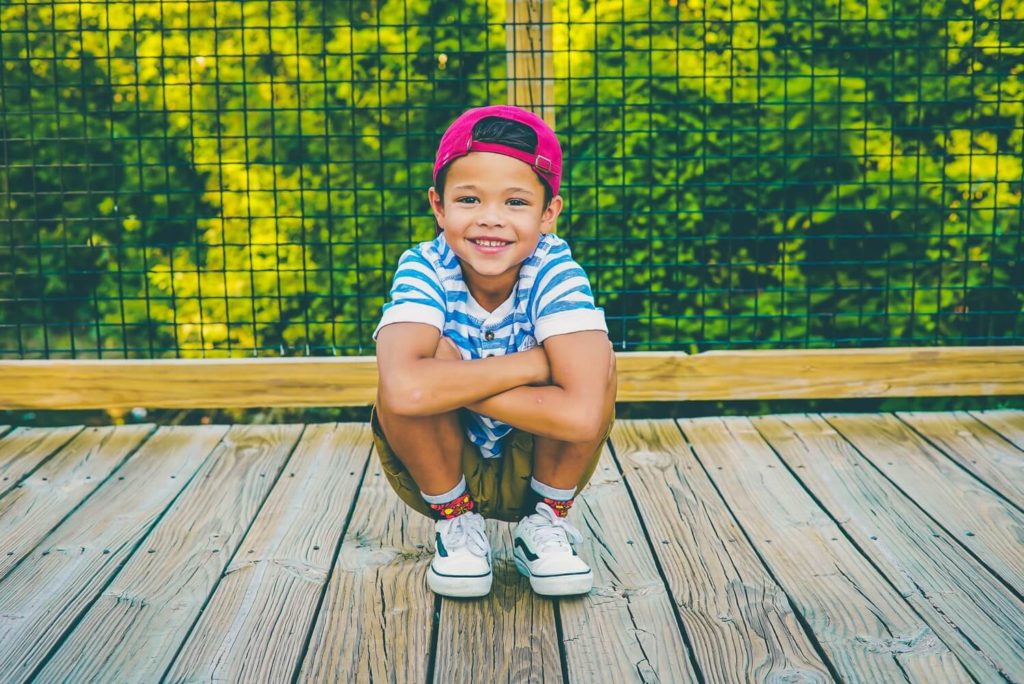
I was just 18 years old at my first frat party, having my first drinks of alcohol. A large group was packed like sardines in a tiny dorm room dancing to loud music that obliterated any chance of a conversation. A guy that I had seen before started to dance with me. Before I knew it, he was leaning in to kiss me. I froze, unsure how to say no without hurting his feelings. Before I could respond, he kissed my unmoving mouth. He was smashed. I was getting there. The moment was fleeting. Then a friend walked up and said, “I can’t believe you kissed that guy.” I was indignant. “I did not kiss that guy!” I was more disgusted with myself than with him. The only feeble excuse that I could come up with was, “I didn’t want to be rude.”
I had been taught that being direct, forceful, and saying no was not polite or becoming of a woman. I didn’t receive this lesson with words, but in actions and reactions from the people around me my entire life. I’m sure those lessons weren’t intended for a circumstance like this one, but they were ingrained. Don’t make waves. Saying no is rude. You are responsible for other people’s emotions. Those were the underlying messages that I took as truth. And I am determined to change that internal dialogue for our children.
“No.” A seemingly simple idea. Easy to say. Often a child’s first word. It’s also the first word to be questioned by a parent or other adult.
“What did you say? You don’t tell me no!”
“You do as I say, when I say.”
“Stop being rude and give your uncle a hug. He hasn’t seen you in a long time.”
Parents don’t have intentions of raising meek or fearful children. We all want the best for our kids. But there is a dark underbelly to immediate, unwavering obedience and carrying the weight of responsibility for someone else’s happiness. Those children that were forced to hug an uncle to avoid being rude sometimes grow into adults who feel responsible for violating acts against them. They may grow into adults who are afraid to say no, at the sacrifice of their own personhood and freedom. They might grow into people who might let injustices happen because they feel they have no power to stop it.
If we want to raise children that can conjure the power of no at the drop of a hat, we have to give them the space to practice that, unconditionally. Children won’t magically become assertive when they become adults, so a perspective shift is vital when it comes to their childhood.

Children should be able to say:
- “No, I don’t want a hug.” They shouldn’t be asked to say this nicely either. If they don’t want their body touched, they don’t want their body touched. Their word should be final. I understand that battles can happen with little kids and tasks like getting dressed and brushing teeth, but these can be done playfully and as respectfully as possible, whenever possible. (I get that sometimes we just have to get their stinkin’ shirt on to get out the door, but avoiding rushing around helps everyone feel more cooperative and peaceful, while also giving them as much autonomy as possible.)
- “No, I don’t like it when you do that to me. Please stop.” We need to give our children words to use when they feel uncomfortable, whether someone is touching them, another kid is jumping around in their face, or another person is tickling them and it started out fun and is no longer fun. The importance of directness is even more important to teach to our girls because they have the disadvantage of being labeled as “bitchy” or “mean” or “too aggressive.”
- “No, I don’t want to see or do xyz.” Children shouldn’t have to play with a friend if they don’t want to. They shouldn’t be told that they are being rude for not wanting to play with someone, or go to a birthday party, or visit their great-grandmother.
As parents, we can show our children how to assert themselves by standing up for ourselves when we aren’t comfortable with something. If someone is treating us badly, we can stand up and say, “No, this isn’t ok.” When we see someone else being treated poorly, we can stand up for them too, if we are able and safe to do so. Our kids will have an example to follow, a framework to use when they see an opportunity that tugs at them to stand up and speak up.
We can use books to teach children about people in history who have stood up for what they believed was right, many at the sacrifice of their own freedom and safety. Keep information age-appropriate, but still honest, when answering questions that might arise from stories like The Journey by Francesca Sanna; a story about a refugee family forced to flee their home and country for safety. Books like these teach empathy for people living a life that they might not understand or even know exists.
We need to give our children the words to say when they want to stand up for themselves, even if they are standing up to us. We need to give them a zillion opportunities to flex their assertive muscles. We also need to show them, time and time again, that the words we gave them actually carry weight. We do that by honoring their decisions whenever possible, respecting their no’s, and standing up beside them when they need moral support for a bigger battle beyond themselves.
When we give our children power, show them how to use that power to protect themselves and others, and back up their power with our own, we show our children that they can climb any mountain, conquer any injustice, and be world changers who make a difference in a world that needs emotionally strong leaders.
 Sam Milam is a freelance writer, mother of two, and attachment parenting advocate who enjoys running her blog, Pocketful of Pebbles. When she isn’t writing, she is exploring the Pacific Northwest and homeschooling her kids.
Sam Milam is a freelance writer, mother of two, and attachment parenting advocate who enjoys running her blog, Pocketful of Pebbles. When she isn’t writing, she is exploring the Pacific Northwest and homeschooling her kids.


Grok Nation Comment Policy
We welcome thoughtful, grokky comments—keep your negativity and spam to yourself. Please read our Comment Policy before commenting.